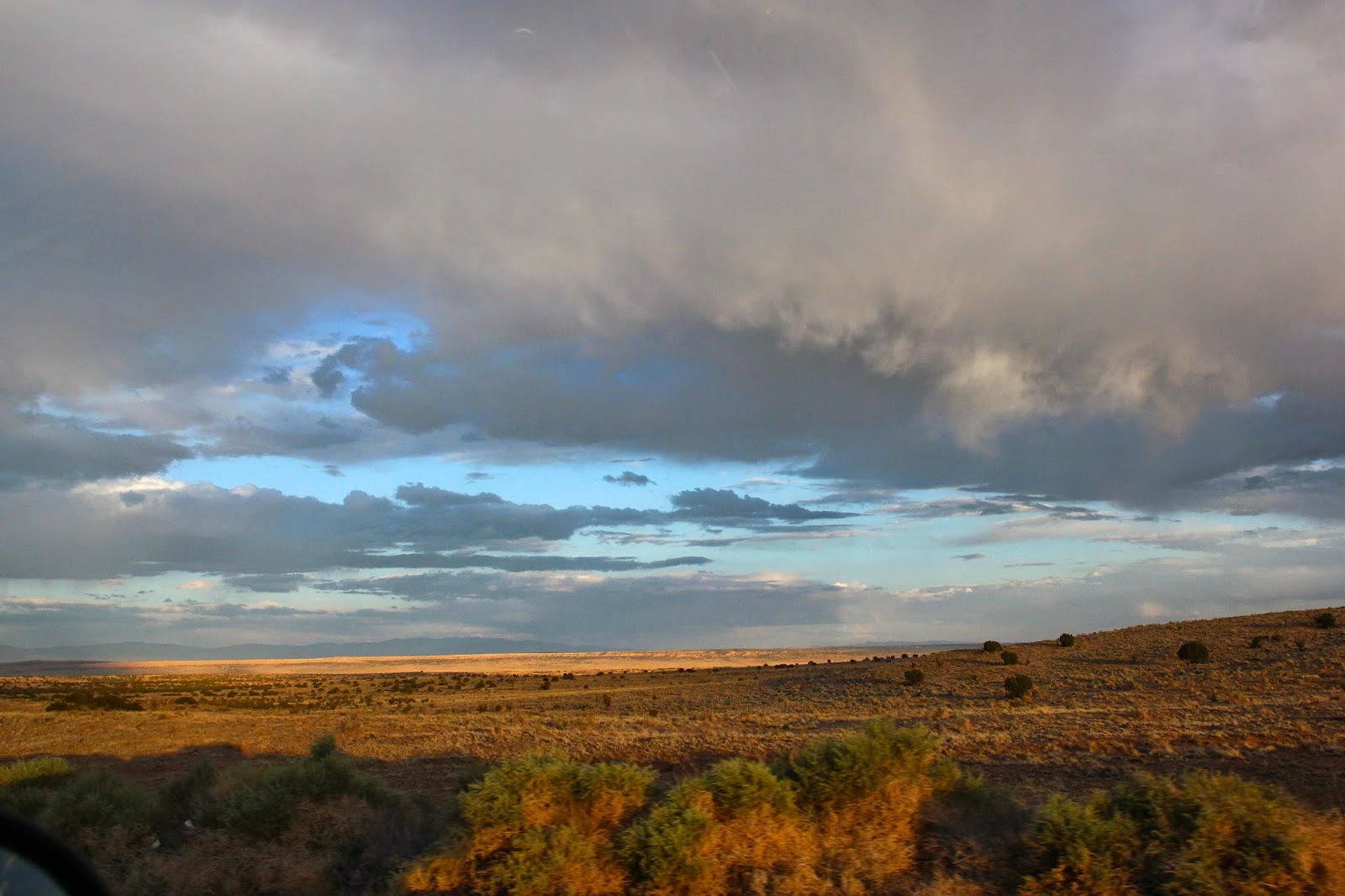Making a copy
Just like when we installed Raspbian OS to empty SD card, we use dd command to make a disk image. You insert your SD card to your iMac and hit `diskutil list` to see which disk we are going to use. Then execute `sudo dd if=/dev/disk1 of=Odyssey-Mk1_20140721.dmg`. You should change 'if(input file)' and 'of(output file)' value to suit your environment and preference. My 8GB SD card took 20-30 minutes to complete. It will be longer if you have SD card with larger space.Installing
When you want to install the saved disk image, the process is almost the same as when we installed Raspbian to a fresh SD card. First you insert an SD card that you want to install this disk image to. Then unmount this just like the initial installation. Then `sudo dd if=Odyssey-Mk1_20140721.dmg of=/dev/disk1`. Again, you must set 'if ' and 'of' value to suit your environment.
It takes longer than making an OS image. In my case it took me more than 2 hours. You must be really patient.
It takes longer than making an OS image. In my case it took me more than 2 hours. You must be really patient.
My trick
If your SD card has larger space and you have chosen to 'Expand Filesystem' on the initial configuration, both steps take longer time to complete. So I make my 8GB SD card to be a master and make a copy of it. This way it doesn't have to copy each and every byte of 64GB. Then I install this to Micro SD card with larger volume. Right after this installation, this Micro SD card only utilizes 8GB of the entire space because I made a copy of 8GB SD card.
So I `sudo raspi-config` again and choose 'Expand Filesystem' to utilize all spaces left.

.JPG)

.JPG)

.JPG)
.JPG)





.JPG)

